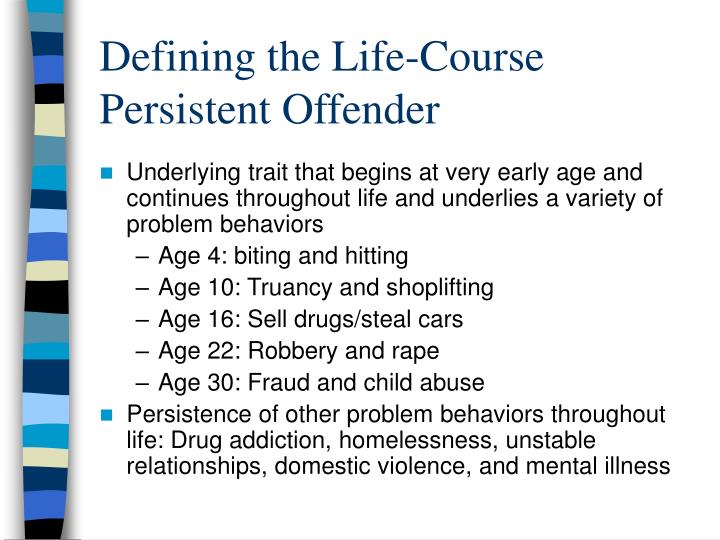

Learning is at least in part defined as a change in long-term memory.

If the link wasn’t immediately obvious, the Overview of Research published by Ofsted makes it completely transparent: Any instructional recommendation that does not or cannot specify what has been changed in long-term memory, or that does not increase the efficiency with which relevant information is stored in or retrieved from long-term memory, is likely to be ineffective. (p. If nothing has changed in long-term memory, nothing has been learned. The aim of all instruction is to alter long-term memory. What are the instructional consequences of long-term memory? In the first instance and at its most basic, the architecture of long-term memory provides us with the ultimate justification for instruction. The concern seems to stem from the fact that some of the wording in this passage is very similar to the wording of Kirschner et al’s influential 2006 paper Why Minimal Guidance During Instruction Does Not Work: “Learning … is defined as a change in long-term memory.” (p. School Inspection Handbook, Draft for Consultation, p. Inspectors will be alert to unnecessary or excessive attempts to simply prompt pupils to learn glossaries or long lists of disconnected facts. This must not be reduced to, or confused with, simply memorising facts. Pupils also need to develop fluency and unconsciously apply their knowledge as skills. In order to develop understanding, pupils connect new knowledge with existing knowledge. However, transfer to long-term memory depends on the rich processes described above. If nothing has altered in long-term memory, nothing has been learned. Learning can be defined as an alteration in long-term memory. Amazingly, one of the most contentious aspects of the document is the definition given to learning:

As everyone already knows, Ofsted have published a draft of the new Inspection Framework which is currently undergoing a process of consultation.


 0 kommentar(er)
0 kommentar(er)
